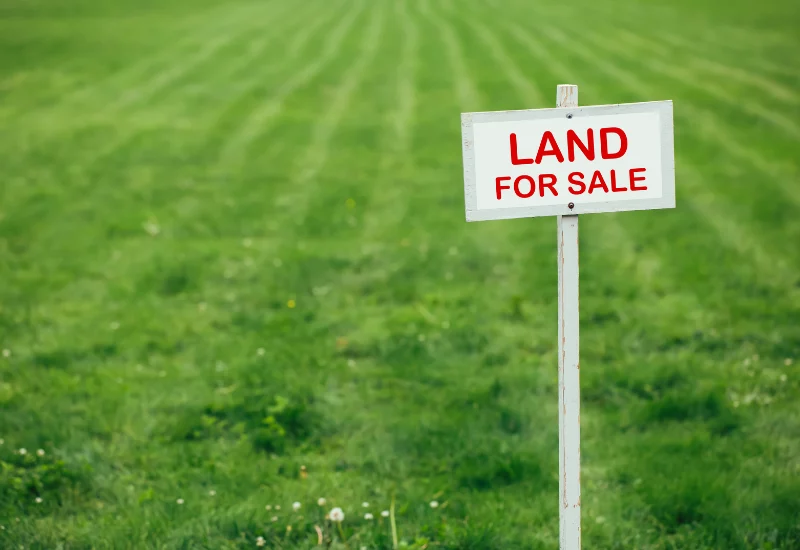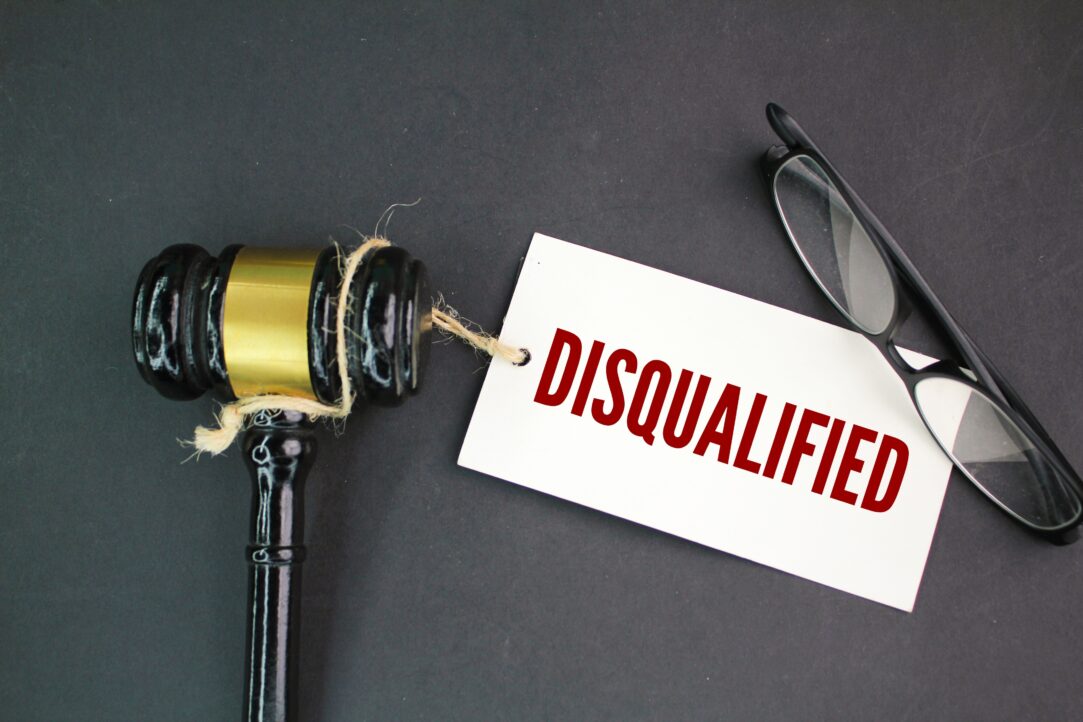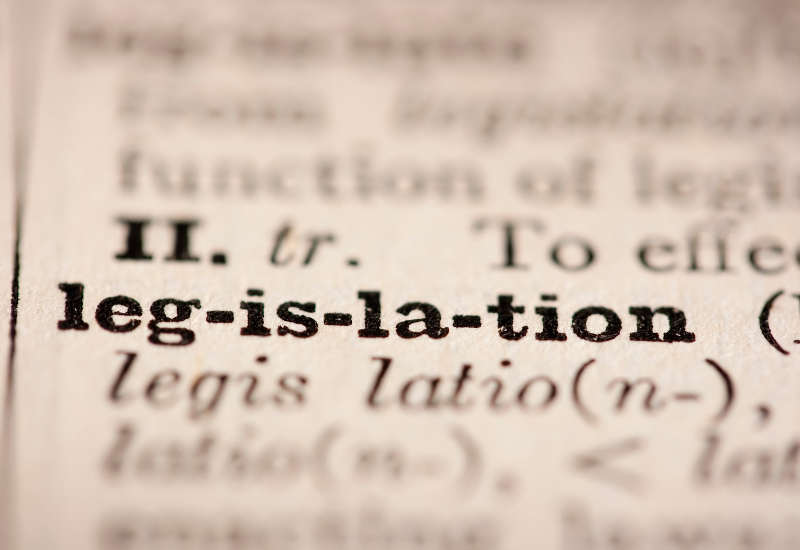- 19 Jan 2022
- •
- 3 min read
Registered Charities and the disposal of land

There is often confusion when a charity comes to sell land as the rules can seem complicated and technical. Most of the time, this is not the case and instructing a solicitor and valuer experienced in this area will help the process run smoothly.
What procedure must a charity follow?
The Charities Act 2011 sets out a procedure for charities to follow when they wish to sell land. The purpose of this process is to ensure a charity sells the land for the best value without having to obtain specific consent from the Charity Commission.
The basic scheme is set out in sections 117-121 of the Charities Act 2011 and obliges the charity to obtain a valuation from a qualified surveyor to cover the best price and any required marketing or advertising. It is important to ensure that the valuer acts only for the charity and not for any other party to the transaction.
Does this apply to all charities?
No, it does not apply to all charities. Any charities which are “exempt” (which generally means they are also governed by another body such as housing associations and universities) have different requirements and are generally not subject to the Charities Act 2011. It does, however, also apply to unregistered charities which are excepted from registration due to a low turnover.
Does it apply to all land transactions?
No, there are a number of exceptions which would generally then require Charity Commission approval. These exceptions include transfers to a party connected to the charity (such as an employee, a trustee or a family member of a trustee).
There are also a few exceptions, such as selling to another charity for less than market value where the disposal is within the powers of the charity where you do not need to obtain the valuation, or need to obtain Charity Commission consent.
Finally, there are some transactions, such as exercising a break clause in a lease, or granting a licence where this does not apply at all.
If the transaction is anything other than a sale at full market value to an unconnected third party, we would recommend speaking to a solicitor before starting the process to ensure you are following the correct procedure.
Short leases
If the charity is looking to grant a short term lease of a property, there is a lighter touch regime which does not require a full valuation. Provided it is a market rent without a fine or premium being paid, the trustees will still need to consider a report from someone who has the ability and experience to advise the trustees properly, and the trustees will still need to be satisfied that the terms for the lease are the best that can be reasonably obtained.
Are there any other procedures which need to be followed in certain circumstances?
Yes. If the property is designated land or permanent endowment, there are a number of other steps which are required and an order from the Charity Commission may be required. There are also different procedures to follow if a charity is looking to secure a mortgage or legal charge over the property.
What else should the trustees consider when selling land?
Before starting the procedures above, there are various points trustees will need to check such as:
- Does the charity have permission to sell or lease the property (either from the governing document or at law)
- Is there anything within the governing document which prevents the charity selling or leasing the property
- Does the charity own the property
- Is the sale or lease in the best interests of the charity
- If the property is designated for a particular purpose, does the sale or lease go against this?
As always, it is important the decision is taken with a view to what is best for the charity and the trustees must act in accordance with good governance procedures and take professional advice when required.














